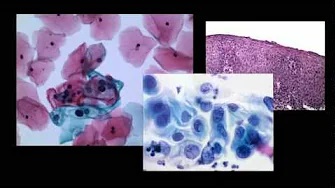Error and Bias in Race and Ethnicity Descriptions in Medical Examiner Records in New Mexico: Consequences for Understanding Mortality Among Hispanic/Latinos
Document Type
Article
Publication Date
1-1-2023
Abstract
Researchers use public records from deceased individuals to identify trends in manners and causes of death. Errors in the description of race and ethnicity can affect the inferences researchers draw, adversely impacting public health policies designed to eliminate health inequity. Using the New Mexico Decedent Image Database, we examine: 1) the accuracy of death investigator descriptions of race and ethnicity by comparing their reports to those from next of kin (NOK), 2) the impact of decedent age and sex on disagreement between death investigators and NOK, and 3) the relationship between investigators' descriptions of decedent race and ethnicity and cause and manner of death from forensic pathologists (n = 1813). Results demonstrate that investigators frequently describe race and ethnicity incorrectly for Hispanic/Latino decedents, especially regarding homicide manner of death and injury and substance abuse causes of death. Inaccuracies may cause biased misperceptions of violence within specific communities and affect investigative processes.
Recommended Citation
Appel NS, Edgar HJH, Berry SD, Hunley K. Error and bias in race and ethnicity descriptions in medical examiner records in New Mexico: Consequences for understanding mortality among Hispanic/Latinos. Forensic Sci Int Synerg. 2023 Jun 8;7:100338. doi: 10.1016/j.fsisyn.2023.100338. PMID: 37409238; PMCID: PMC10319202.

